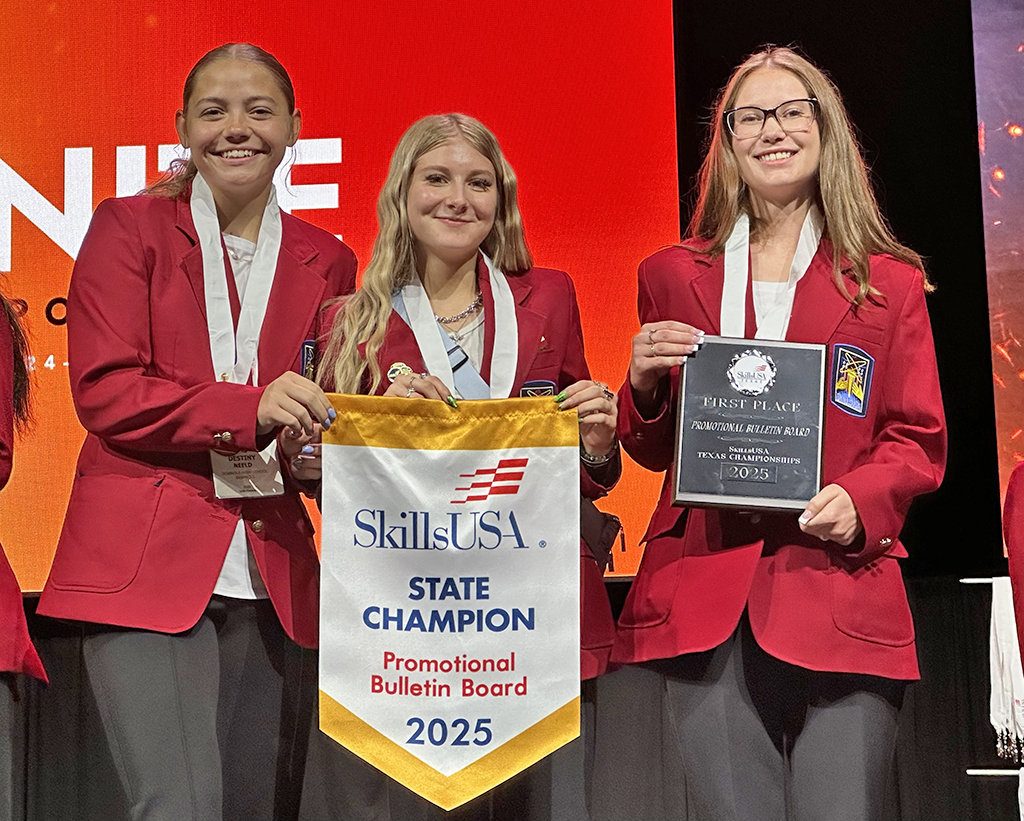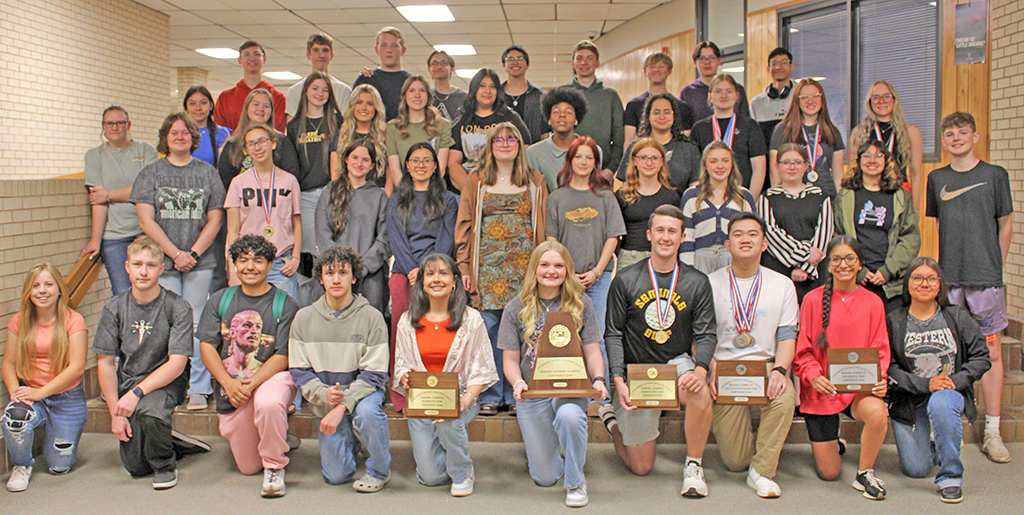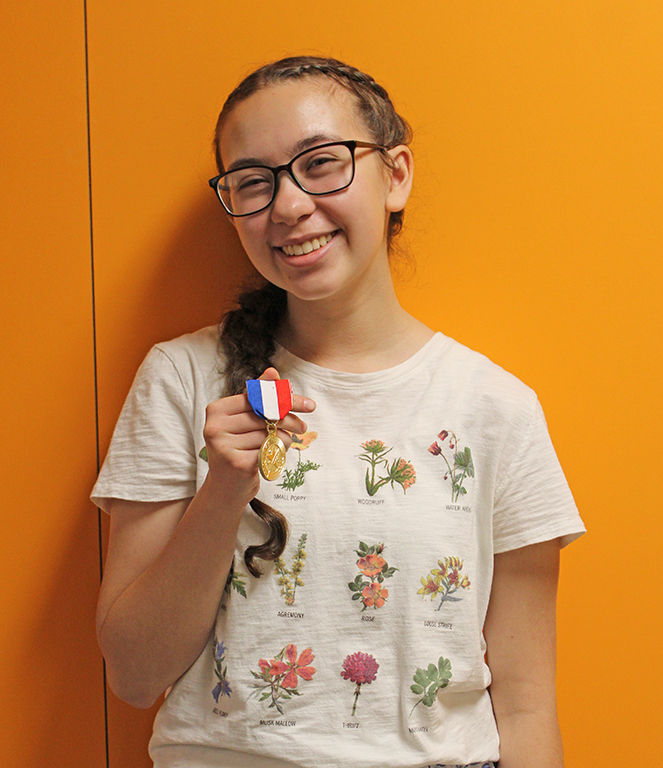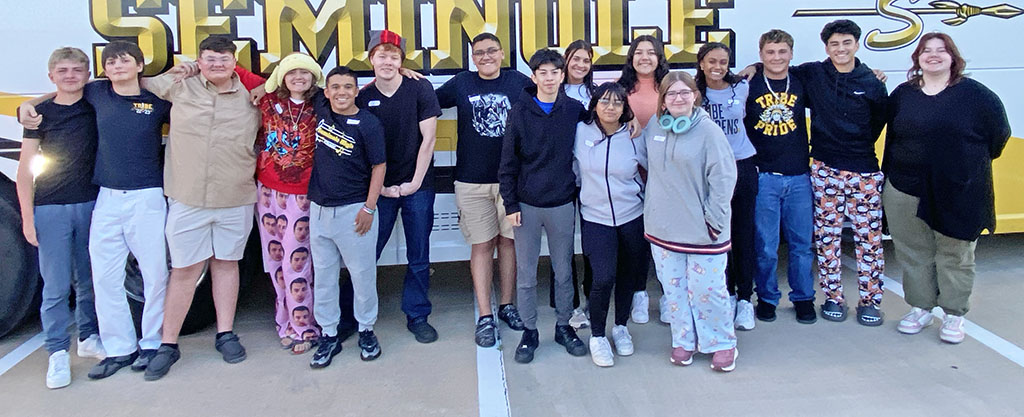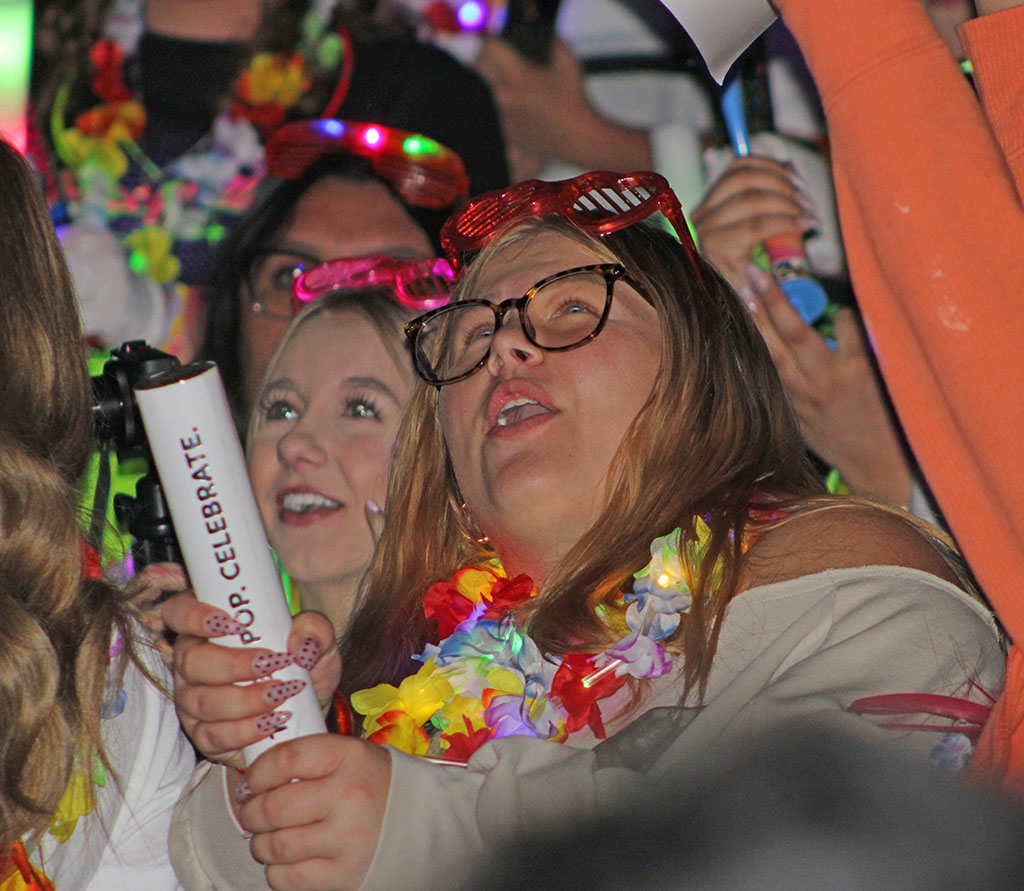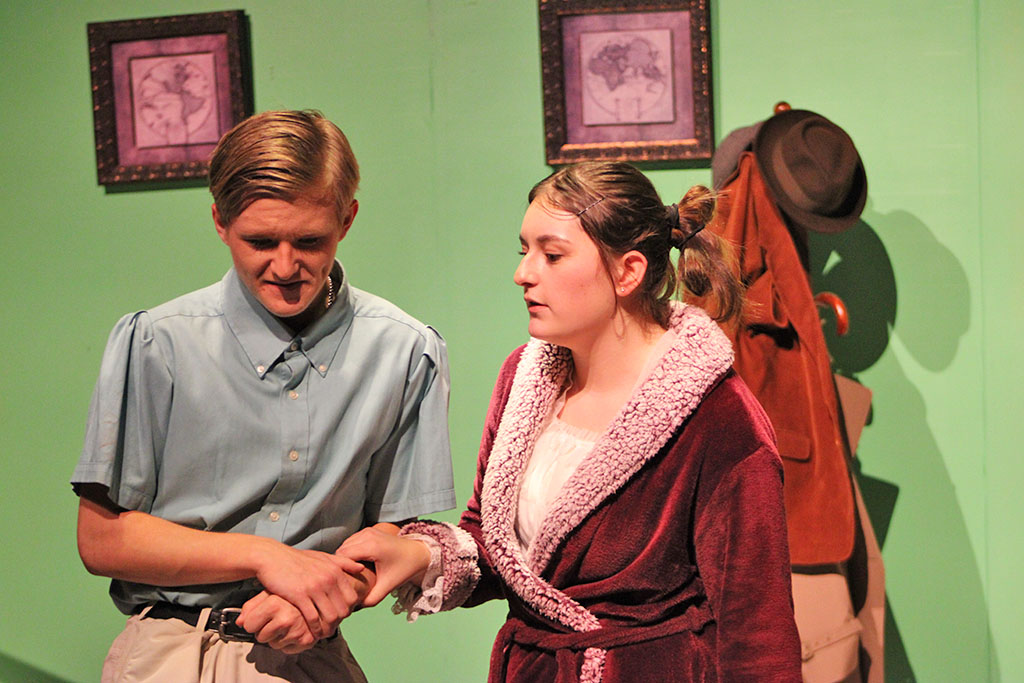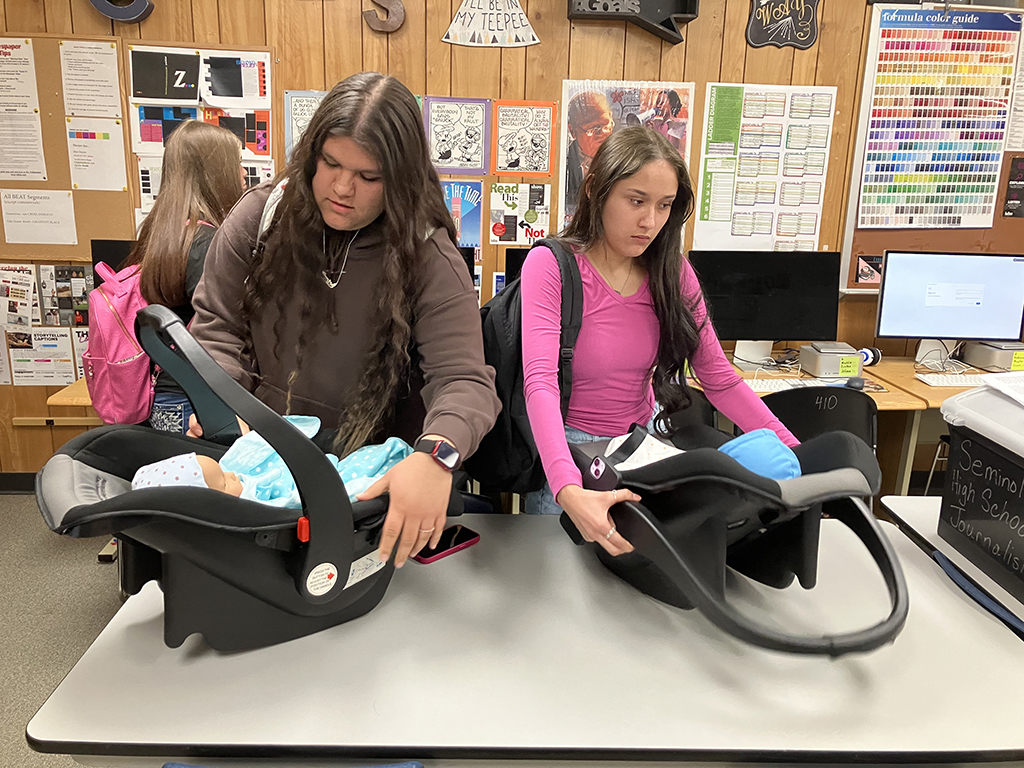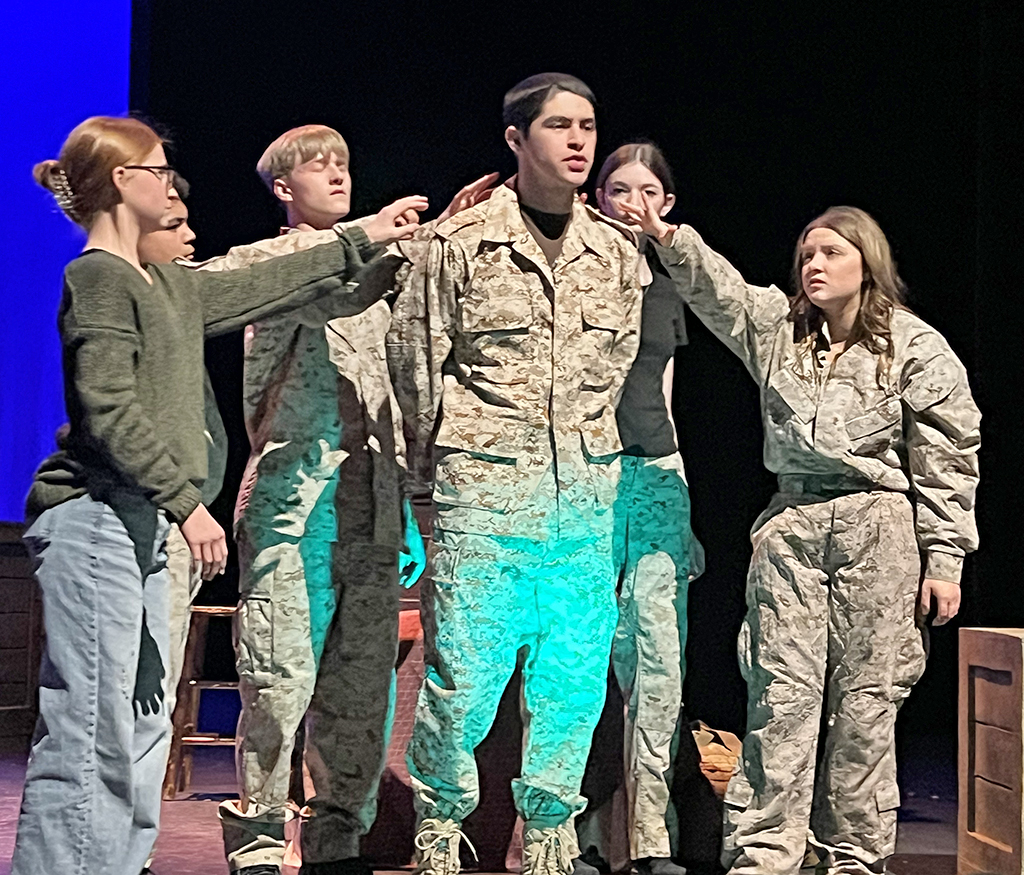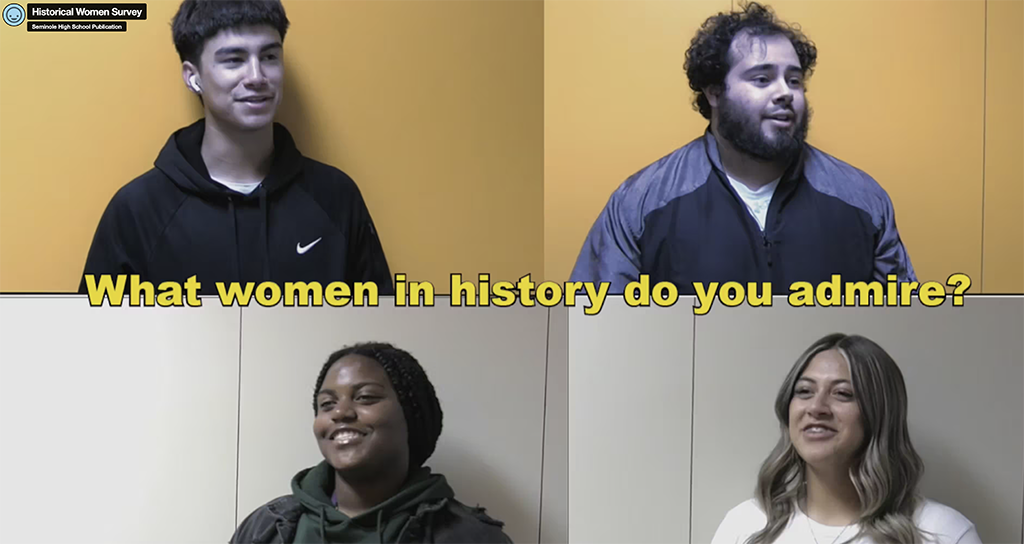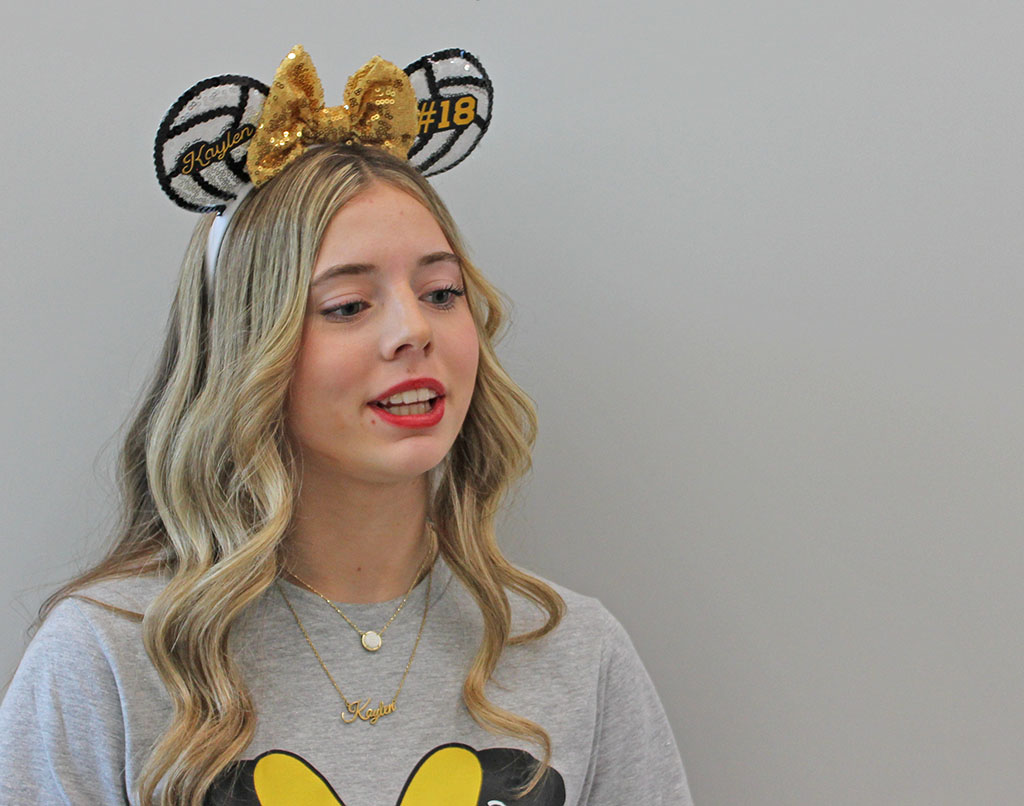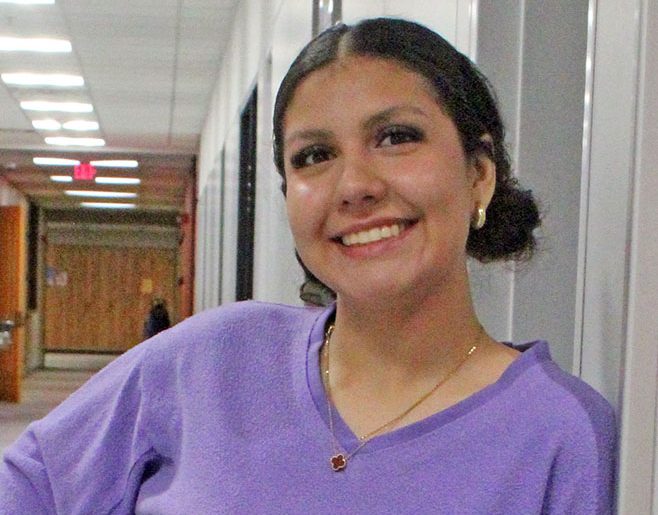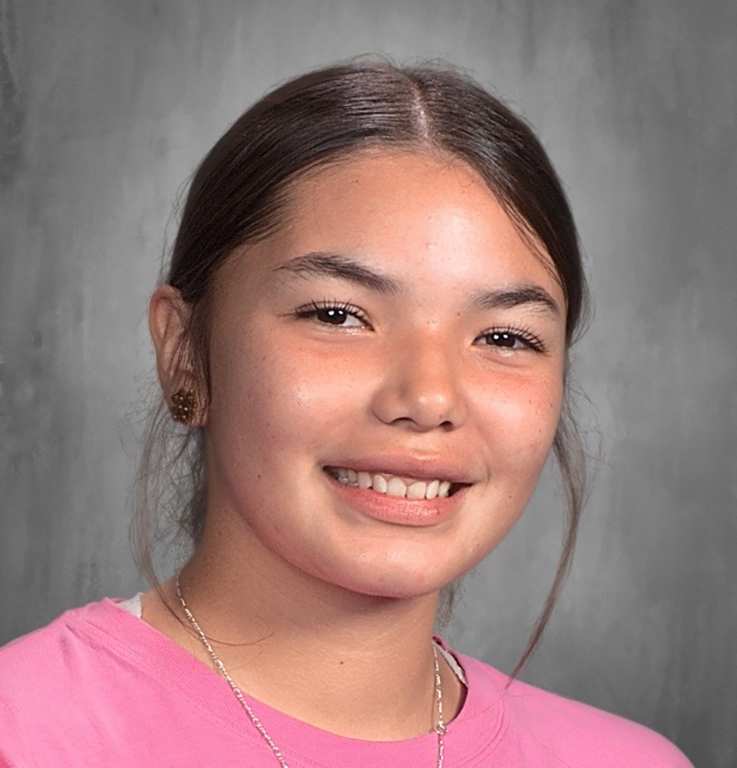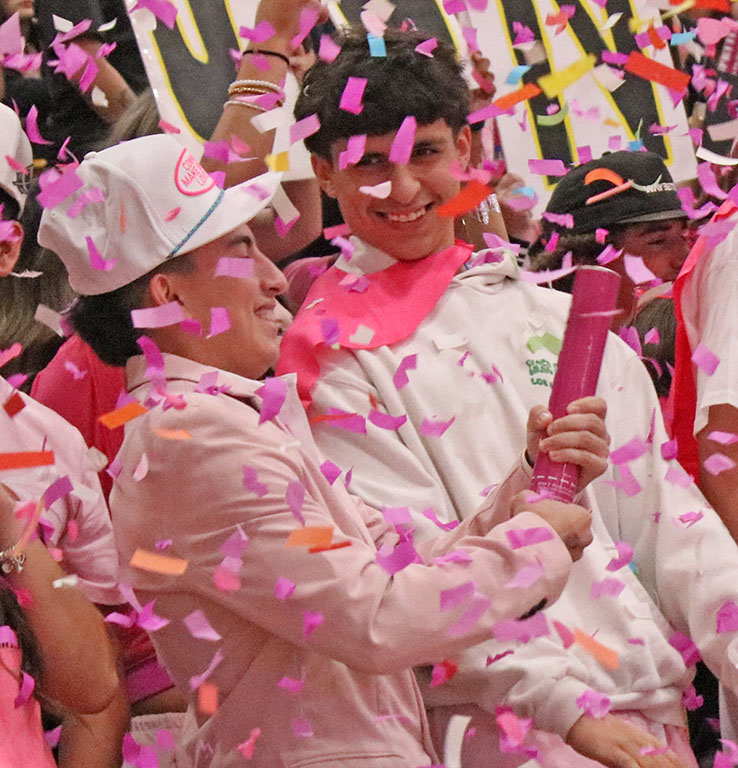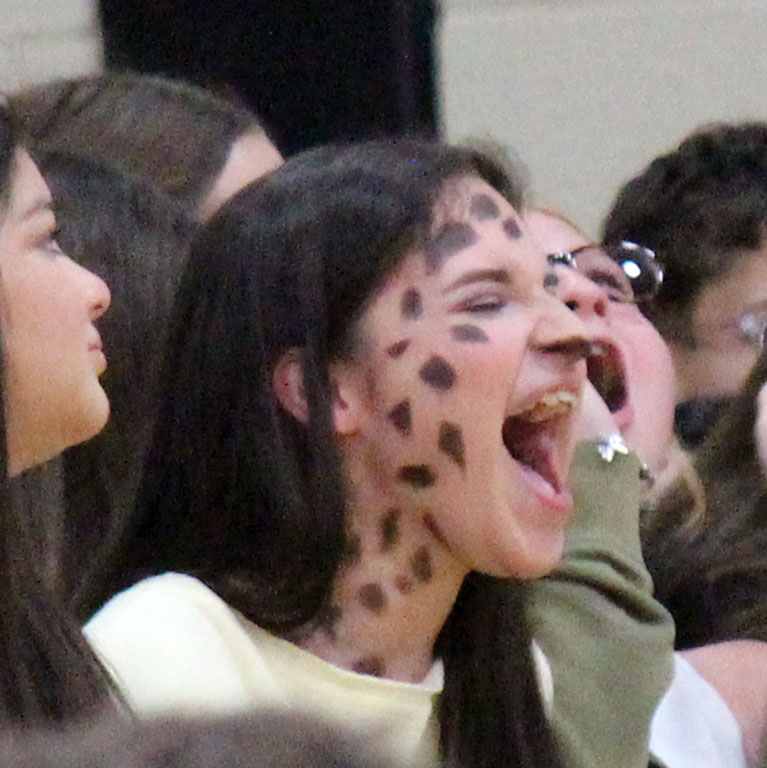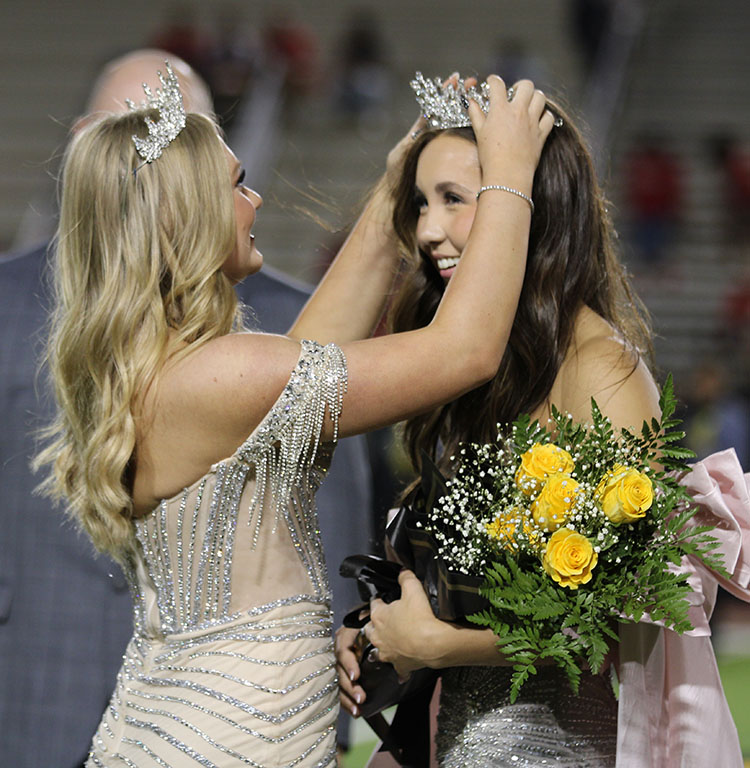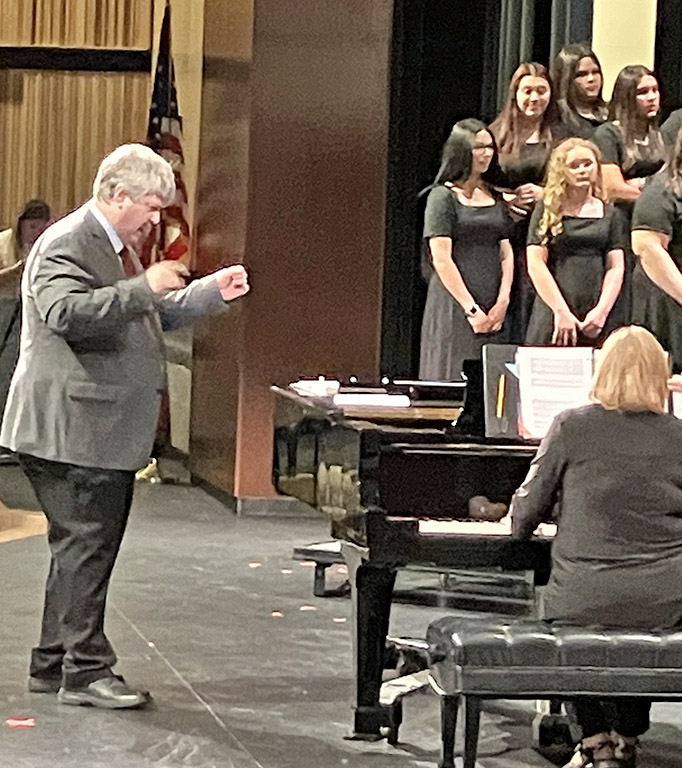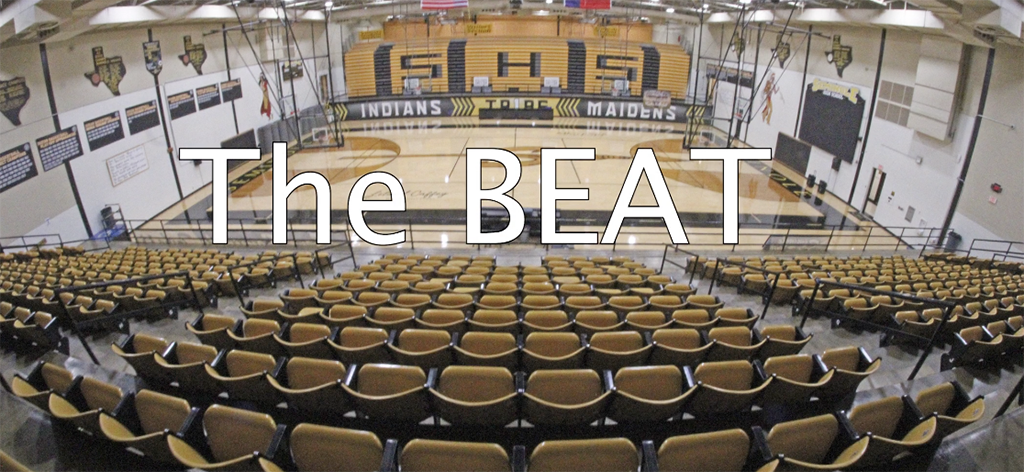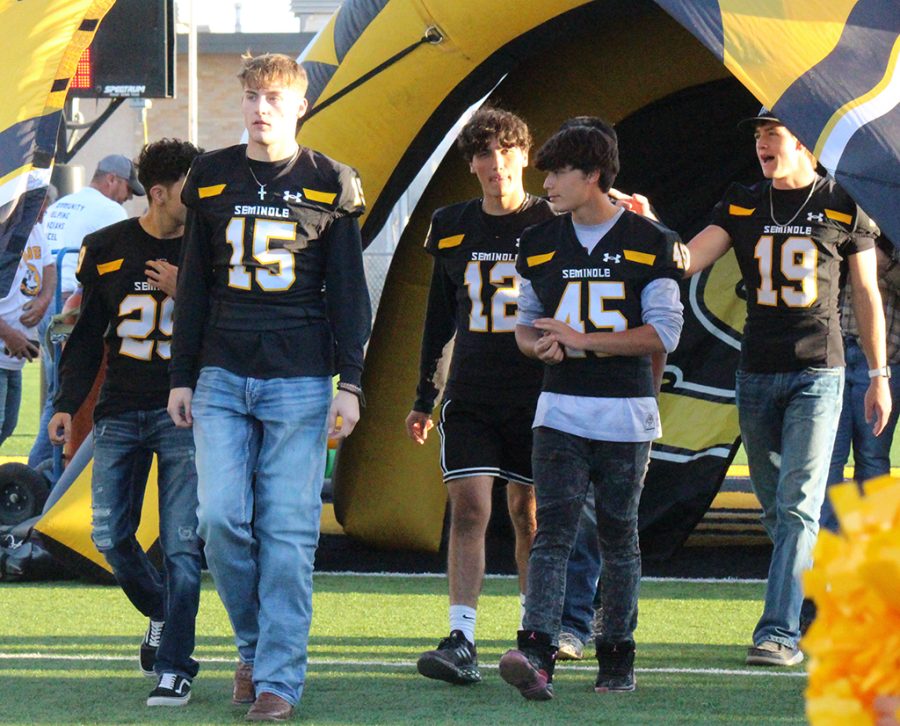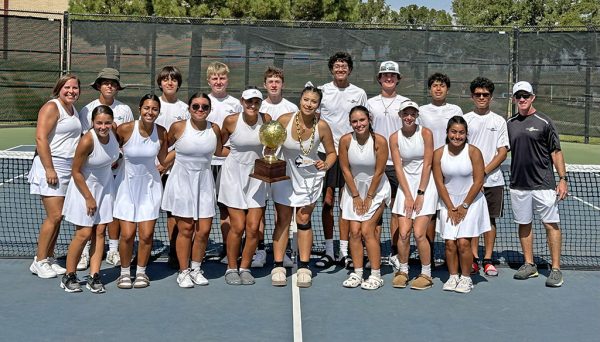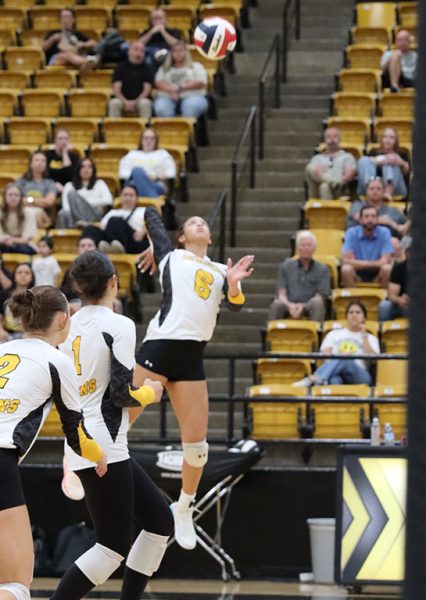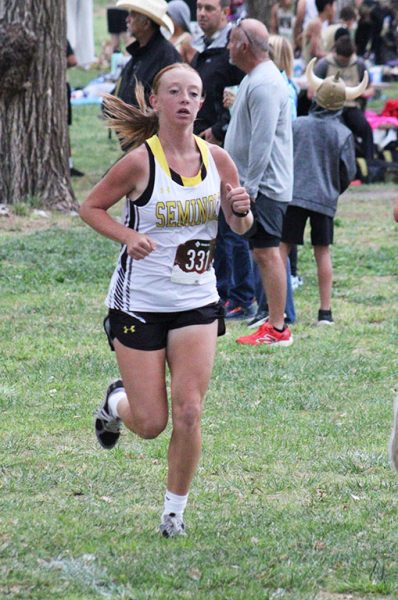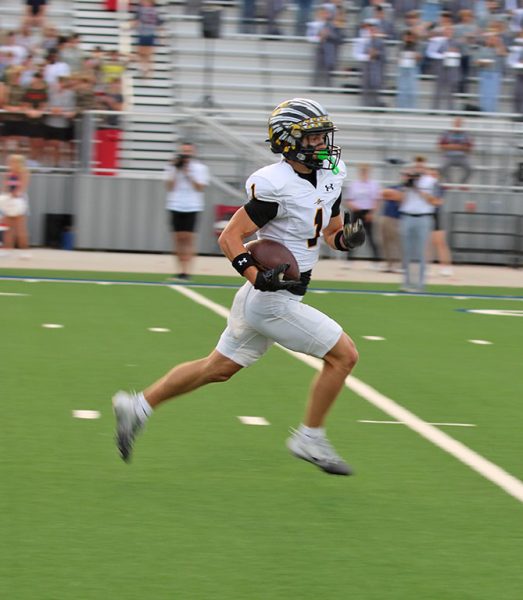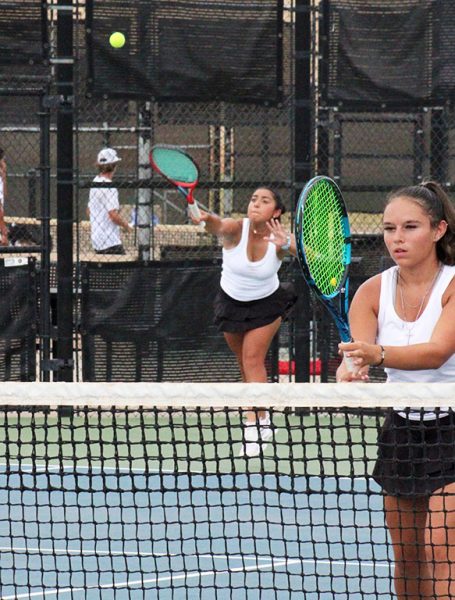WALKING WOUNDED: Athletes struggle with frustration of injuries
Out of commission–Injured Indian football players walk out of the tunnel before the homecoming game on Sept. 30.
When senior SMU-committed senior lineman Rikter Connally went down on Sept. 2 during the Shallowater football game, trainers, coaches and fans watched in shock.
“I was thinking I was done because I had ankle reconstruction surgery on that ankle already,” Connally said. “I thought I was going need it again.”
As Connally got up with the help of trainer Mike Sansing and Coach Greg Poynor, his mother Kandra Harper began to pray.
“The first thought in my head was, ‘Oh Lord, please no! Please no! Just let him get up and walk,’” Harper said. “I just said a small prayer not knowing if it was ankle or knee.”
Emotions ran high for Connally.
“They told me I was possibly done,” Connally said. “I’m not going to lie–I shed a few tears when they told me that. If it wasn’t for my family being there for me, I wouldn’t have gotten through it.”
While Connally’s injury turned out to be just a sprained ankle which allowed him to return to play two weeks later, for sophomore Kalvin Petty, an injury during summer league basketball ended his sophomore seasons. Petty had surgery on Sept. 25 to repair a torn ACL.
“I felt like I was going to throw up,” Petty said. “The game means everything to me, and being away from it this long is something I never thought would ever come.”
Missing out on playing with older teammates was a hard reality to accept.
“My fear/reality of it is that I will never step on the court with my best friends again,” Petty said. “After all the struggles and grind we went through last year to get better and better over the summer–just for me to not be a part of the success we were about to have is something that just kills my drive and makes me want to think that it was all for nothing.”
For senior wide receiver Guillermo Cruz Meza, the injury during practice in August made him think he might never play again in high school.
“I thought I tore my ACL,” Cruz Meza said. “In my head, I was going ‘Please don’t be my ACL. Please.”’
For athletic trainers, delivering potentially devastating news to athletes is difficult.
“It is very hard to tell a kid they are hurt because it is traumatizing in my opinion,“ trainer Emily Sansing said. “You have to be really strong for them and show no emotion toward them.”
Coaches also don’t like to tell athletes they must be on the sidelines, but it becomes necessary to protect the athlete from worse injury.
“Telling a kid that they can’t play it’s not very hard because the trainer has all the abilities to keep them or let them play,” Coach Del Smith said.
What coaches and trainers couldn’t protect injured athletes from was the anxiety.
“I had fears that I would be slow and not the same speed that I was even though the doctors have made it clear that that will not be the case,” Petty said. “The only fear I have now is for whomever we play on Friday and Tuesday nights because I will be back stronger, and I will make it clear to everybody that I am still Kalvin Petty.”
